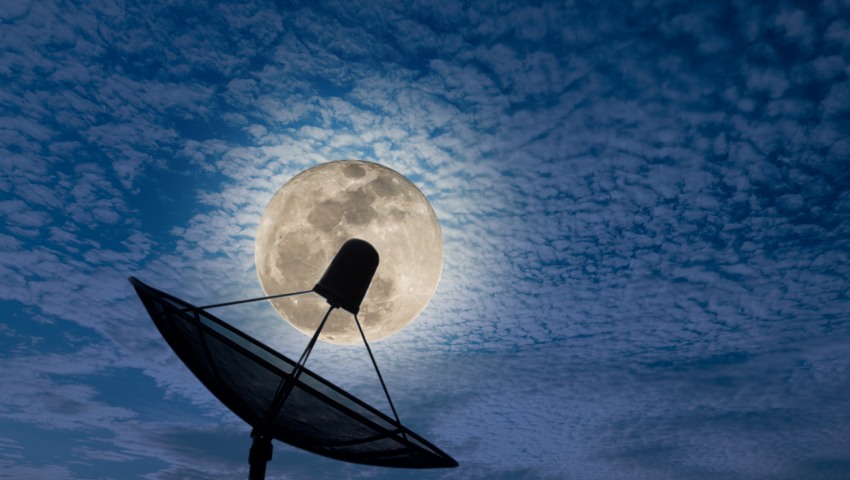Governments worldwide spent $123 billion on space programs in 2021, an increase of 8 per cent compared to the previous year.
Market intelligence firm Euroconsult, which analysed the data, said the increase was being driven by ambitious exploration programs and new military rivalries.
It predicted total expenditure could exceed a trillion by the end of the decade.
“Civilian space budgets, totalling $74 billion in 2021, continue to receive more funding than defense space programs, at 58 per cent of total spending, though the share going to defense, $54 billion in 2021, is increasing,” said Euroconsult.
“Geopolitical tensions, increasing rivalry between leading space powers and the value of space as the ultimate high ground drive the militarisation of space trend, with leaders increasing their investments in defense space assets and technologies.”
The data shows the United States spent $75 billion on its government space programs, compared to $450 million in Australia, $14.3 billion in China, $3.6 billion in the EU, $5 billion in Russia and $5.9 billion in Japan.
Australia ranks just 18th among the G20 countries for government investment in space as a percentage of GDP, a comparable amount to Turkey and far lower than the US, UK or Canada.
The news comes after Space Connect reported last month how a standing committee set up to advise on the development of Australia’s space industry recommended turning the Space Agency into an independent body and increasing its funding.
MPs argued Australia must do more to create sovereign assets after COVID exposed our “reliance on other countries” for vital services.
Chair of the committee, Pat Conaghan, concluded Australia must “position itself to capitalise” on the growing space sector.
[Related: Dutton takes tough stance on China’s militarisation of space]








